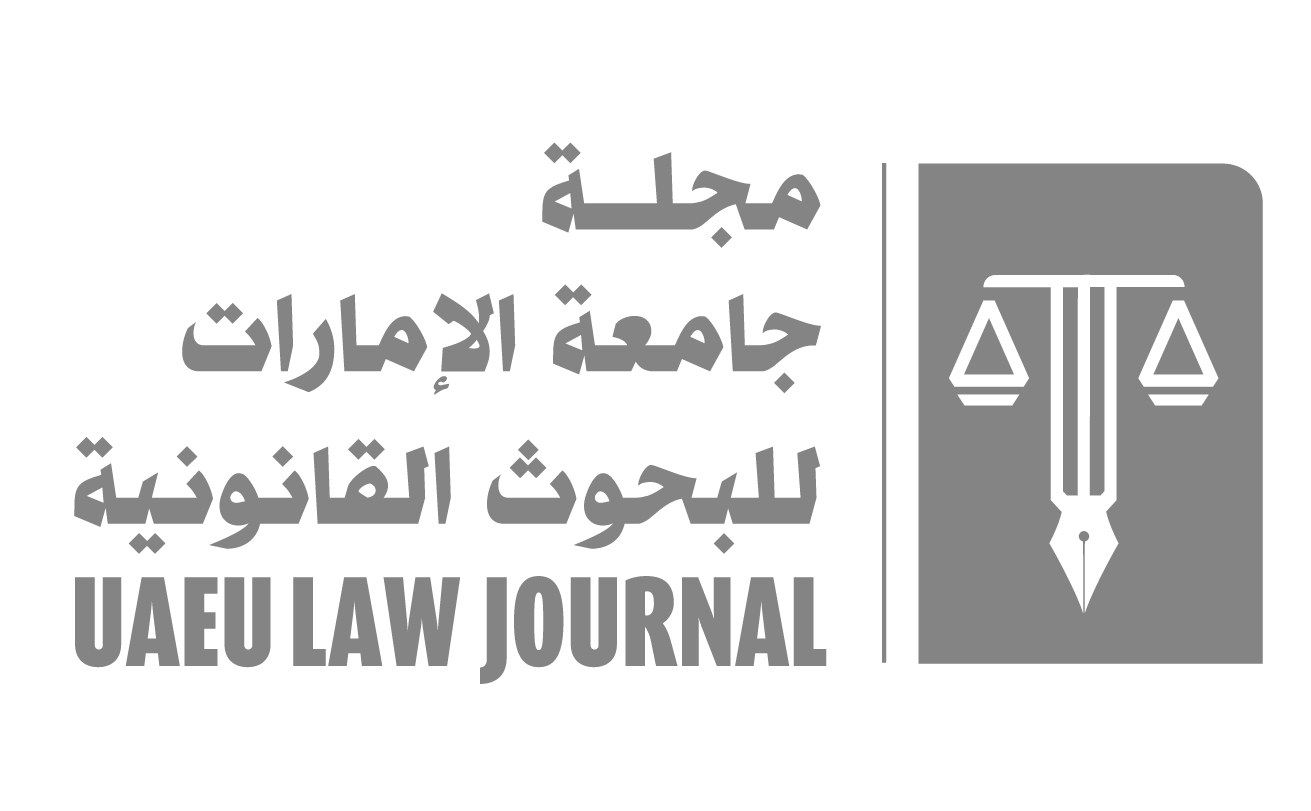
Abstract
In response to constitutional changes, and the tendency of the Maghreb countries to reinforce the rights and freedoms, constitutional monitoring has been incorporated through the exception mechanism of unconstitutionality of individuals, in the context of recent constitutional changes in the Maghreb countries: Tunisia, Algeria and Morocco.
This mechanism, which is expected to be implemented in 2019 for the first time, although it is constitutionally prescribed, but the legislative texts organizing the mare different in terms of application which revolves between openness and tightening the rules in each of these countries .The Tunisian legislator has extended the scope of monitoring with the exception of unconstitutionality to include any legal provision; while the Moroccan and Algerian legislators have both adopted the French legislation by reducing the scope of the exception of unconstitutionality to focus only on laws that affect rights and freedoms.
The limits of the application of the unconstitutionality exception mechanism in Algeria have been extended to rationalize the use of this mechanism by introducing a filtering system at more than one stage and by the intervention of the highest judicial authorities before it reaches the Constitutional Council. As for Tunisia, the legislator has chosen not to interfere with judicial and ordinary bodies: no filtering system has been put in place, except in the Constitutional Court itself, which may lead to the dumping of the latter by challenging the unconstitutionality of laws themselves.
On this basis, the current research was first initiated to show the constitutional foundations from which the genuine desire to include the monitoring of the constitutionality of laws by way of exception in the three countries. It explains the mechanisms adopted to reflect this type of monitoring, how it was raised, and the scope of its application. Then in a second stage, it explains how this mechanism has been rationalized, the methods adopted by the constitutional judiciary to determine them, and clarify the differences between the legal texts of these countries in the light of comparative legislation, especially in France.
Recommended Citation
Lebadi, Smaein Dr.
(2020)
"Control as a Response Mechanism to the Variables of the Constitutional Reality in the Maghreb Countries: Tunisia, Algeria and Morocco,"
مجلة جامعة الإمارات للبحوث القانونية UAEU LAW JOURNAL: Vol. 2020:
No.
81, Article 8.
Available at:
https://digitalcommons.aaru.edu.jo/sharia_and_law/vol2020/iss81/8

